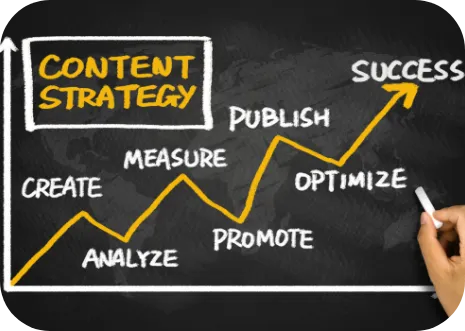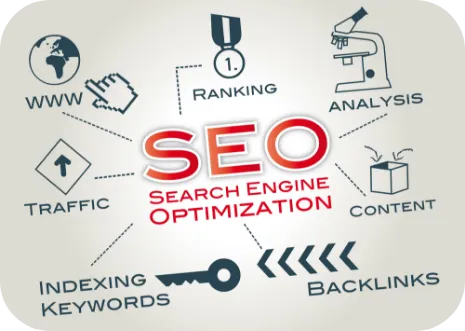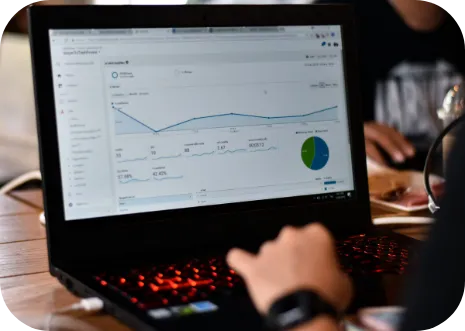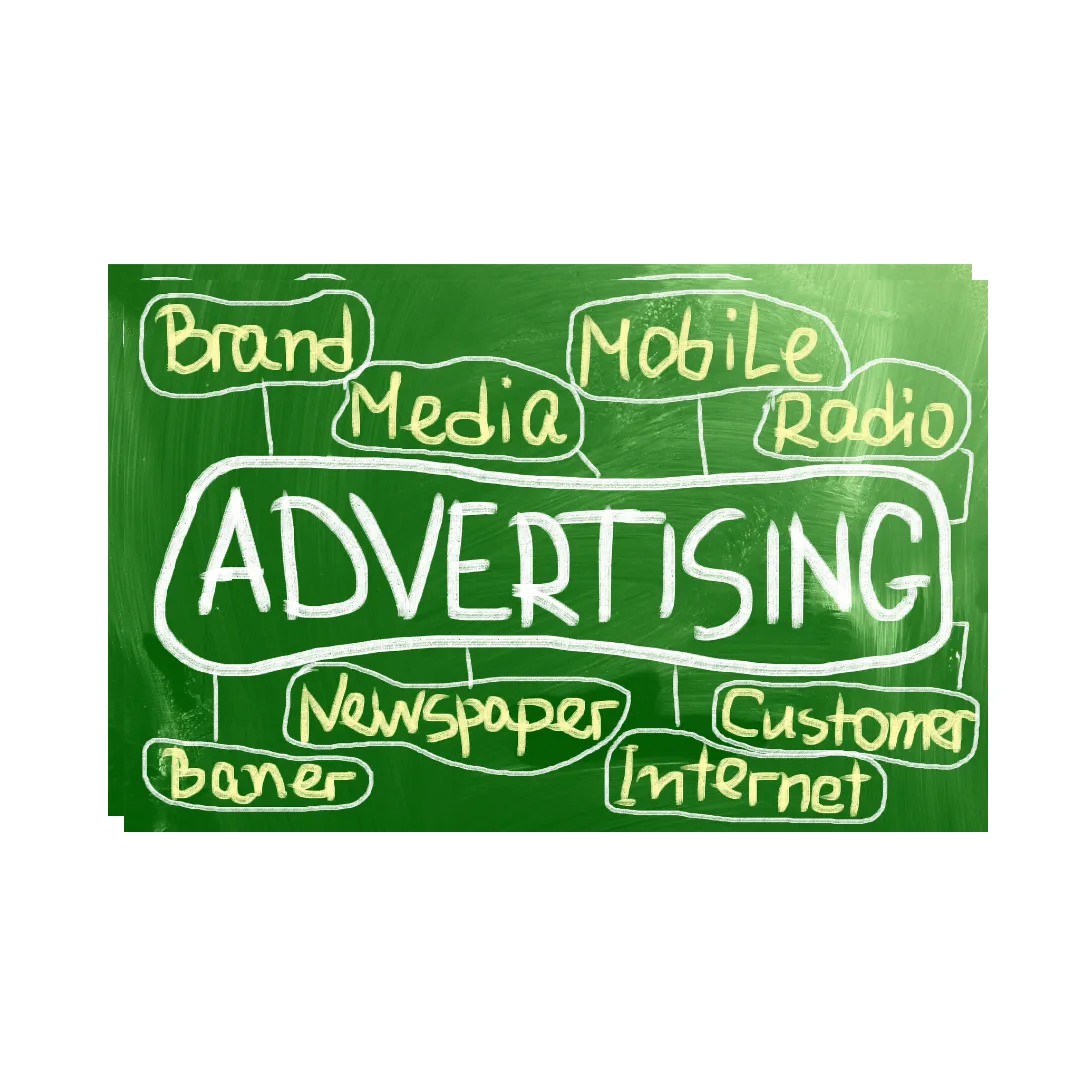Power Up
Your Marketing Strategy
Unlock your brand’s potential with expert solutions tailored by Peterson & Associates Advertising.
Power Up Your
Content Strategy
Unlock your brand's potential with our expert content marketing solutions.

Our Story
With over 35 years of experience and a commitment to innovation, Peterson & Associates Advertising delivers comprehensive marketing services. We specialize in strategies that elevate brand presence, drive audience engagement, and achieve measurable growth for businesses across industries.
Our Offerings
Tailored solutions for your marketing needs.

Marketing Strategy & Planning
Maximize your content's impact with our expert Content Strategy & Planning service. We'll devise a tailored roadmap to engage your audience, boost SEO, and achieve your marketing goals effectively. Elevate your brand!


Content Creation & Management
Peterson & Associates Advertising specializes in creating compelling content to resonate with your audience. From blogs to social media, we ensure your message connects and converts effectively.

SEO & Digital Advertising
Boost your online presence with our SEO and digital advertising solutions. At Peterson & Associates Advertising we analyze trends and implement strategies to rank your business higher and attract targeted traffic.


Data Analytics & Reporting
Stay ahead of the competition with Peterson & Associates Advertising's detailed analytics and reporting services. We provide actionable insights into campaign performance, ensuring your marketing strategy is always optimized for success.

Conventional Advertising
Stay ahead of the competition with Peterson & Associates Advertising's detailed analytics and reporting services. We provide actionable insights into campaign performance, ensuring your marketing strategy is always optimized for success.
What Our Clients Say About Us


Jon Arthur

Peterson & Associates Advertising transformed our marketing game. Their team created a clear strategy and implemented campaigns that brought in more leads than ever before. Highly recommended!


Peco Peritzi

The team at Peterson & Associates Advertising exceeded my expectations. From SEO optimization to content creation, they handled everything professionally and delivered outstanding results.


Jeff Woods

Partnering with Peterson & Associates Advertising was the best decision for our business. Their marketing strategies increased our website traffic by 150% in just three months!
Frequently Asked Questions
Answers to common questions about Peterson & Associates Advertising and our marketing services.
How do you create custom marketing strategies for businesses?
At Peterson & Associates Advertising, we begin with a thorough consultation to understand your business goals, target audience, and competitors. Based on this, we design a personalized strategy to achieve measurable results.
What SEO practices does Peterson & Associates Advertising use to boost visibility?
We use a combination of on-page and off-page SEO, keyword research, content optimization, backlink building, and technical SEO to ensure your website ranks higher on search engines.
Can Peterson & Associates Advertising handle multi-channel campaigns?
Absolutely! Our team specializes in managing cohesive campaigns across social media, email, PPC advertising, and other digital platforms to ensure consistent branding and maximum ROI.
How will I receive campaign performance reports and analytics?
Peterson & Associates Advertising provides detailed, easy-to-understand reports with insights on key metrics like website traffic, engagement rates, conversions, and ROI. We also schedule regular review meetings to discuss performance and next steps.
Do you offer one-time services or ongoing packages?
We offer both! Whether you need a one-time consultation or long-term support, Peterson & Associates Advertising provides flexible packages tailored to your business needs.
How do I get started with Peterson & Associates Advertising's marketing services?
Getting started is easy! Simply contact us via email or phone, or click the “Request a Consultation Now!” button on our website to book your free consultation.
